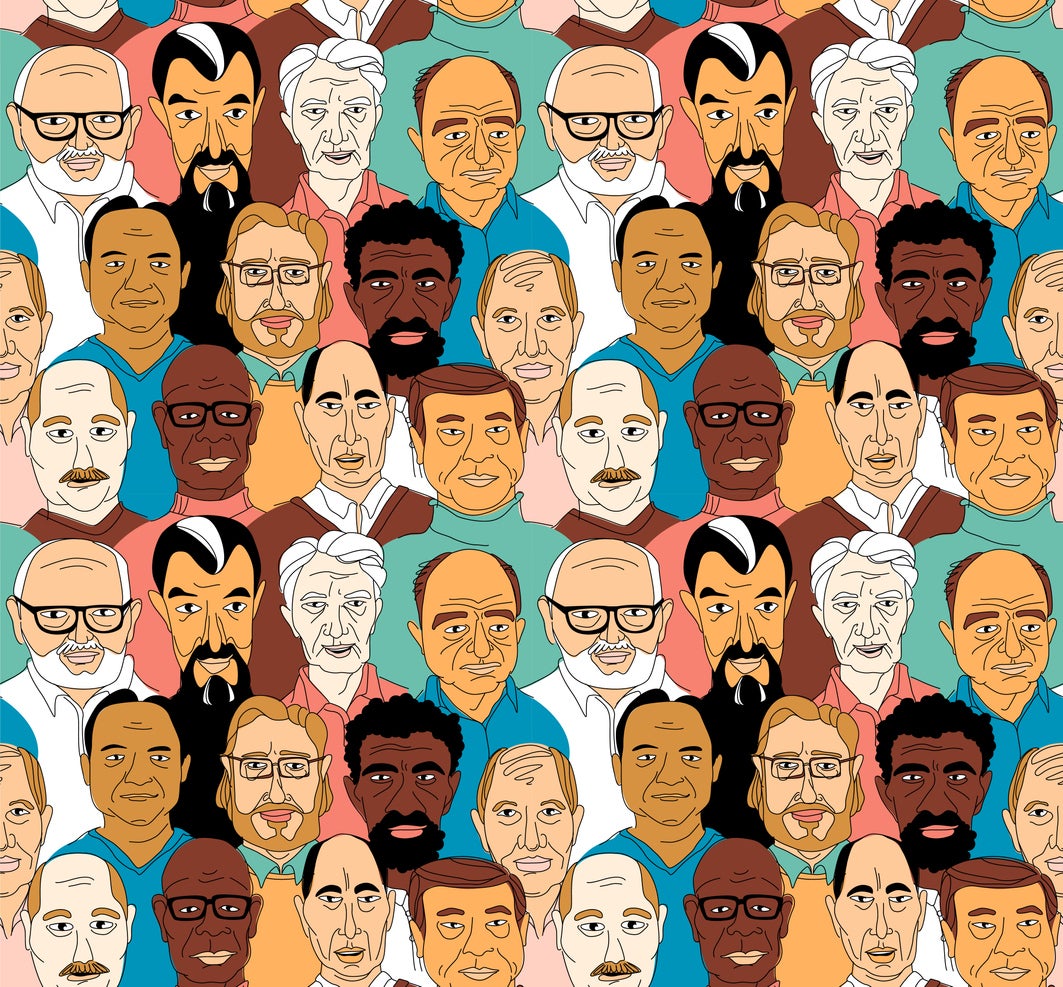International Men’s Day is not a sham celebration of male rights – it’s a chance to start asking questions
It may be laughed off as a waste of time but there are a number of issues that predominantly affect men – today is the day to start talking about those issues


In March, I did something I’d never done before. In the middle of a busy office, I had a panic attack and ended up crying at my desk. When I told a male colleague I was struggling, he said I needed to “toughen up”. I felt so alienated and ashamed that a part of me was glad when we were all told to work from home because of coronavirus.
I’m sure I’m not alone in saying this year has been hard for mental health. Our lives have changed in 2020. The pre-conceived responsibilities and social stereotypes that are attached to being a man, however? Yeah, those are still here. We may be allowing ourselves to open up more about our feelings, but I know even admitting what I just did above will still make me appear a weaker man to some friends and readers, despite me actually feeling empowered and relieved to have written it.
This is one of many reasons why International Men’s Day is so important. It may be laughed off as a waste of time that exists simply to keep ignorant “meninists” from asking, on International Women’s Day, when “their day” is. But today isn’t a sham celebration of male rights. It’s a vital chance to address a number of issues that predominantly affect men – issues that can’t be collectively pigeonholed into other days or weeks of awareness alone. It is an excuse to benefit from talking to each other about the things that might be awkward or uncomfortable.
Studies show that in fictional films through to reality television, men are still glamorised for appearing aggressive, physically stronger, or showing no emotion at all – look no further than Love Island. Meanwhile authoritarian male leaders who embody these ideals are still elected and lauded across the world. These are all role models whose attitudes set examples for the rest of us.
On this day last year, when I told Piers Morgan he’d missed the point and that it wasn’t only about saluting all things manly and being proud of it, he called me a “virtue-signalling woke clown” and I was chased across the Twittersphere by some of his abusive followers. There’s certainly an irony in being bullied online by other men who think it’s emasculating to talk about your feelings.
Today isn’t just about our mental health, but that does have a fundamental part to play. Male suicide is often branded a “silent epidemic”. In 2019, rates in England and Wales reached their highest for two decades. This year, at a time when so many of us will be spending our days indoors or on our own, International Men’s Day has never been more critical. It’s a perfect excuse to reach out to each other. And you’re not weak for doing it. Movements and charities like Movember and CALM, as well as celebrities, are bringing this conversation to the surface, but it’s clear there’s a long way to go.
So use today to start asking some questions. How often do chats with other men stumble on your emotions? Does anyone call out the homophobia or misogyny in your WhatsApp groups? Parents, have you ever asked your children what they think masculinity really means? Do you encourage your friends and family to check their balls for lumps?
Regardless of whether these ideas, or the concept of IMD in general, sit right with you, my point is that today, you should have permission to start addressing them. Challenge your understanding and the beliefs of others around you on things like lad culture or the pressures men face to be considered respected by one another. Be “that guy”. You might even come away from it a better man.
You can contact the Samaritans helpline by calling 116 123. The helpline is free and open 24 hours a day every day of the year.
You can also contact Samaritans by emailing jo@samaritans.org. The average response time is 24 hours.
Join our commenting forum
Join thought-provoking conversations, follow other Independent readers and see their replies
Comments


Bookmark popover
Removed from bookmarks